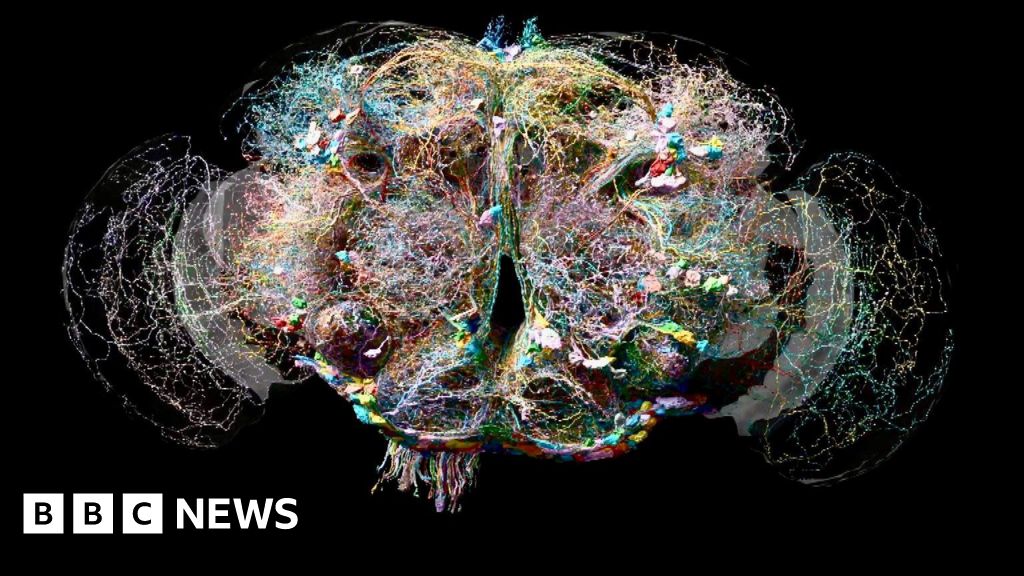- cross-posted to:
- [email protected]
- cross-posted to:
- [email protected]
Now for the first time scientists researching the brain of a fly have identified the position, shape and connections of every single one of its 130,000 cells and 50 million connections.
It’s the most detailed analysis of the brain of an adult animal ever produced.
One leading brain specialist independent of the new research described the breakthrough as a “huge leap” in our understanding of our own brains.



I don’t see why adding weights to the connections would be particularly difficult. Even if the weights need to vary over time or by other conditions, that could be included in the simulation. It might be a bit more complex, but current neural network systems already do variable connection strength between nodes.
This should be very easy - if we’re simulating the presence of sensory neurons then we can certainly simulate some input stimuli on them.
I don’t see why this would be true, and anyway how do you know that the connection map doesn’t already represent an initial state?